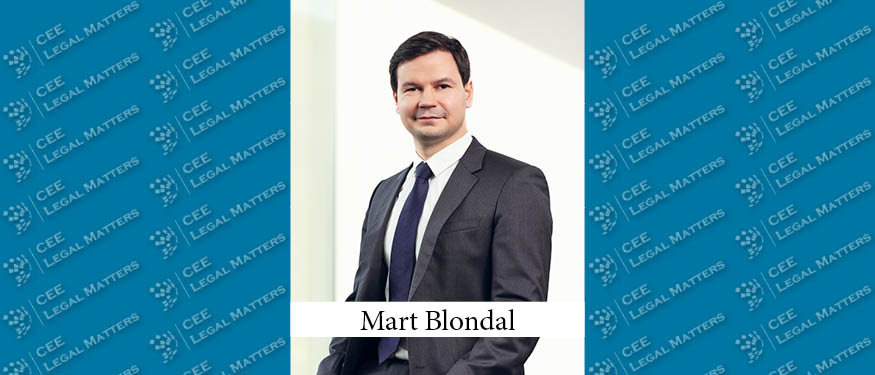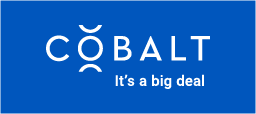On May 1, 2023, the Foreign Investment Reliability Assessment Act, currently under adoption by the Estonian Parliament, will likely enter into force. Looking at the European Union as a whole, the push towards more supervision over foreign investors is not novel. What is new, is the Estonian approach to it and why this approach was taken.
In order to frame the Estonian approach, it is important to understand that, on one hand, Estonia has spent considerably more time under foreign rule than it has been independent within the last 1,000 years. This history is what guides its approach to national security – rather than taking guidance from EU legislation, where national security exemptions should be applied restrictively, Estonia takes the view that national security is something that encompasses all things, and both public and private entities have to do their part. At the same time, national security cannot take away what has made Estonia what it is today – the open market must stay. The result is legislation that tries to combine a draconian approach to national security with an open market.
While there are a number of significant open questions regarding how the implementation of the Foreign Investment Reliability Assessment Act will work in practice, the summarized and oversimplified version is: it will be a new one-of-a-kind legislation in Estonia, which requires foreign investors to seek approval before the implementation of an investment resulting in at least 10% shareholding or equivalent voting rights into protected entities.
In defining each of the terms, i.e., foreign investor, investment, and protected entities, Estonia takes a plus-one approach compared to the norm – i.e., the scope is a little bit larger in all cases.
In relation to the definition of a foreign investor – the general EU trend at the time of this opinion is that EU entities are not subject to foreign direct investment control (e.g., the approach taken by Regulation (EU) 2019/452). In contrast, Estonia does not deal with the question of whether there is an EU entity present but focuses on the question of whether there is a third-country element present. Be it the ultimate beneficiary owner having dual citizenship, one of which is a third-country one, or the presence of an extra-EU entity in the corporate structure of the investor.
In relation to protected entities, Estonia has taken a functional approach defined through the activity of the undertaking in question. In practice, this leads to the result that for a transaction to be subject to Estonian foreign direct investment control, it does not have to have physical assets in Estonia, and it is sufficient if services or goods that have a clear national security connection are sold to Estonia.
Lastly, with respect to the implementation of the foreign direct investment control scheme, rather than opting for a political approach, Estonia intends to approach national security based on statistics, studies, and the intelligence it has available. This is because, even though there is currently no general FDI regulation in place, Estonia already has considerable experience in assessing the impact of various activities on national security. As an example, for the last ten or so years, Estonia has had disputes with developers of wind farms, due to a potential conflict between the frequency generated by rotating blades hindering the functioning of military radars.
All the above lead to one question: how does Estonia remain open to foreign investments? For this purpose, the legislation provides a non-exhaustive list of 14 criteria it will look at while assessing the risk of the transaction to national security. These range from factors related to the investor, the target entity, and the possible options available to mitigate the risk.
All of this speaks about facts, rather than a politics-based approach to foreign investment control. The legislation will catch a larger subset of transactions but, at the same time, provides guidance and accepts that national security is not an all-encompassing concept that will overcome any other rights provided to undertakings – such as the right to own property and the right to do business.
By Mart Blondal, Head of State Aid Practice, Cobalt
This article was originally published in Issue 9.12 of the CEE Legal Matters Magazine. If you would like to receive a hard copy of the magazine, you can subscribe here.


